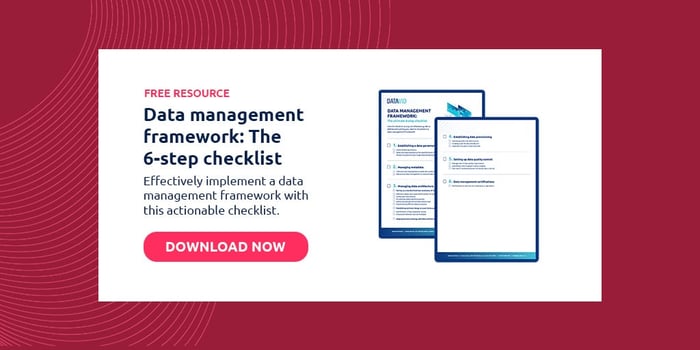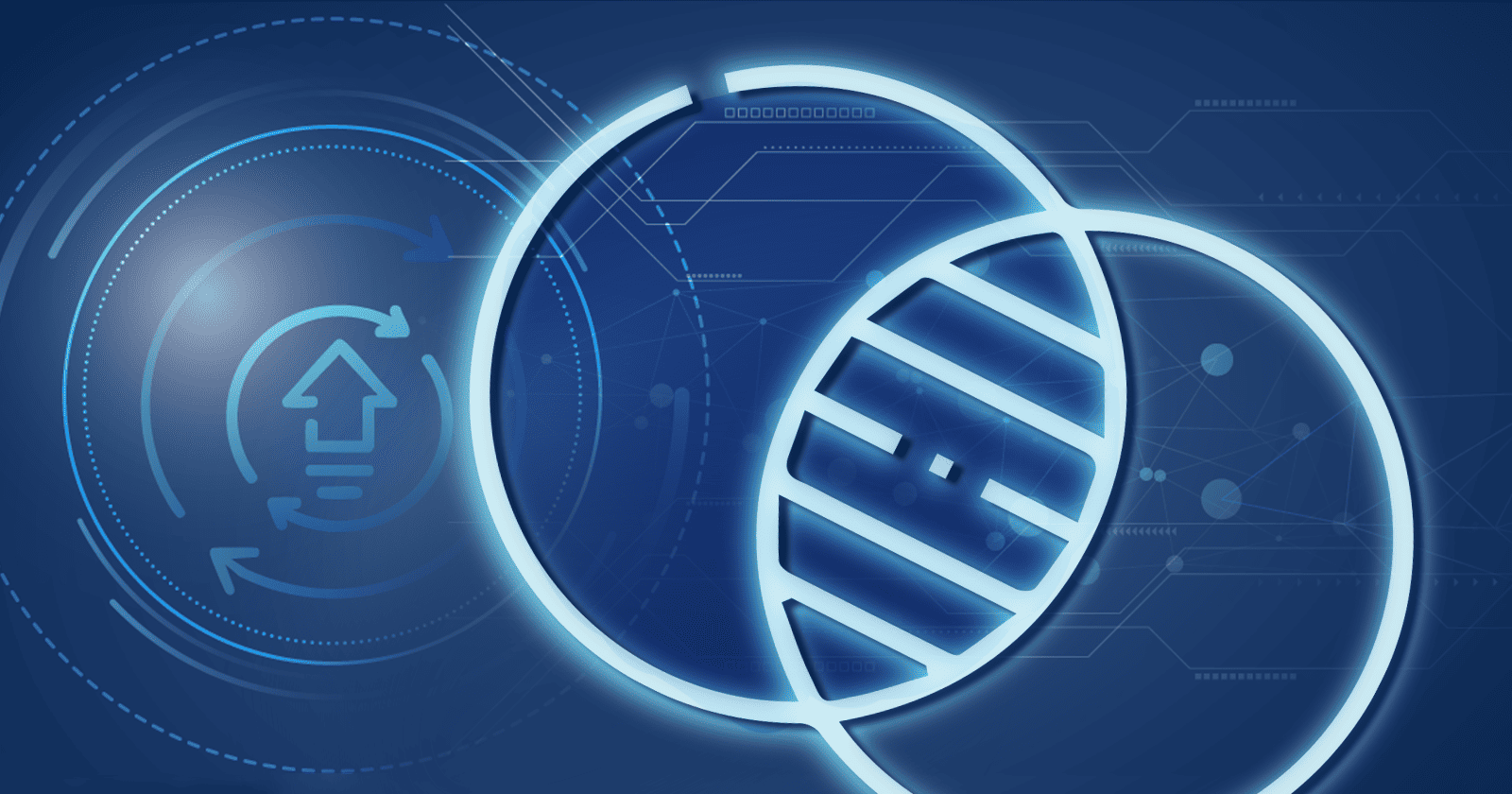2 minute read
Has enterprise agile data ever been a reality?
Enterprise businesses are already mature developers of data capabilities. The major challenge is to build new implementations to have enterprise agile data
Table of contents
Enterprise businesses are already mature developers of data capabilities: second generation, third generation systems—we start to lose count.
Building and operating data infrastructure has become a core capability driven by unrelenting demand from the business.
The challenge is to build novel capabilities that exploit the value of data held in legacy systems, and that are delivered in (a short) time and at (a low) cost.
Why traditional approaches are risky
Traditional approaches using ETL have a narrow approach:
- Understand the target;
- Understand the source, and;
- Understand (specifically) the business purpose.
All before any code is created.
This specification-driven approach is not agile and carries inherent risks.
The risks of ETL in data management
It assumes the business knows what it wants ahead of time, and it assumes the data matches the business’ ambition.
These are two big risks that are only resolved late in the project.
This is why Datavid uses agile methods.
What agile methodologies bring to the table.
We champion agile methodologies for the strengths they bring – a focus on results, flexibility and continual testing against customer requirements.
Agile is not new and certainly not unique to Datavid.
However, our methodology also involves development using production data.
How can we develop anything when enterprise data is so complex, so varied and (often) so poorly understood?
Datavid recommends a highly selective approach – using just the data elements needed for each specific business goal.
This makes us super-fast and robust.
We can skip around the challenge of “boil-the-ocean” Master Data Management, whilst still being rigorous about data quality, consistency and lineage of the specific data elements needed.
So maybe enterprise data can be agile…
What Datavid recommends
With Datavid’s methodologies, we square the circle between data rigour and project delivery to achieve successful outcomes for your enterprise.
Where enterprise complexity meets user friendliness
Datavid isn’t just a data company; we have a fundamental belief that software isn’t useful unless it is used (whether at scale or for niche applications) and, most importantly, usable.
Agile methodologies are great because they focus heavily on the user, not the specifications. For example, one way we tackle developing new features as part of our projects is to ask:
As a user, what do I want to achieve using the system?
This is a question we always pose ourselves when creating a new feature or capability for a program, and the answer is often much more revealing than if we were to follow a predefined ETL plan.
Each capability is then enriched through user-friendly web interfaces which anyone who has a stake in exploiting the data can use without having to go through weeks of training.
Our goal is to make enterprise agile data, to make enterprise data less of a pain and more of an asset.
We recognise the problem that enterprises have in dealing with huge amounts of data, and we have the solution, we offer enterprise data management services.
If you’ve felt this pain and are looking to help your enterprise move forward, we’d love to hear more about the issues you’re facing and suggest the best way forward.
Frequently Asked Questions
What is Agile in work?
Agile in work refers to an iterative and flexible approach to project management and development. It emphasises collaboration, adaptability, and delivering value in small increments called "sprints." Agile teams focus on continuous improvement, frequent communication, and responding to change quickly. The goal is to achieve customer satisfaction by delivering working products or solutions efficiently and effectively.
What are the 4 principles of Agile?
Agile's four principles are:
- People and interactions over processes and tools.
- Working software over comprehensive documentation.
- Customer collaboration over contract negotiation.
- Responding to change over following a plan.
What is Agile mindset?
Agile mindset refers to a set of beliefs and values that prioritise collaboration, adaptability, and continuous improvement. It involves embracing change, valuing individuals and interactions, focusing on customer satisfaction, and promoting iterative and incremental development. The Agile mindset encourages teamwork, open communication, and a willingness to learn and adapt in order to deliver value effectively and efficiently.




